India starts 10 hydropower projects on Indus River to halt Pakistan’s water
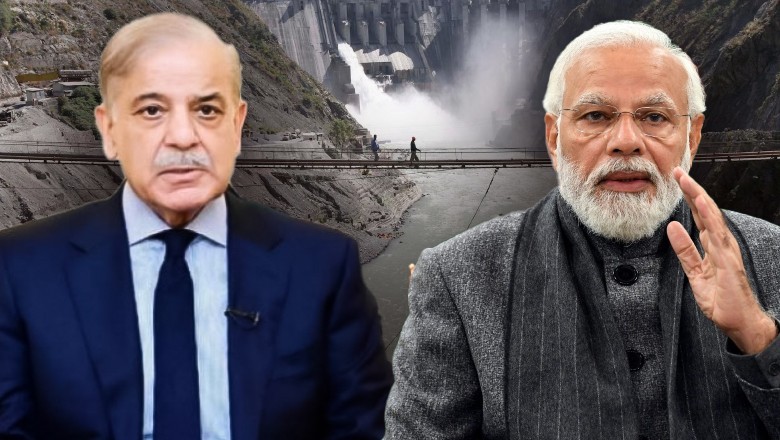
Web Desk
|
26 May 2025
India recently launched at least 10 new mega hydropower projects on Indus River in the disputed Ladakh region. The move has raised alarm bells in Pakistan, with experts warning of potential violations of the Indus Waters Treaty (IWT) and a looming humanitarian crisis.
The planned projects, including Achinthang-Sanjak, Parfela, Sont (Batalik), and Khalsti, that aim to significantly increase India's control over the flow of the Indus River.
According to Pakistani officials and water experts, the construction of these projects may exceed the storage limits permitted under the 1960 IWT, an agreement brokered by the World Bank to manage transboundary water-sharing between the two nations.
In a strongly worded letter addressed to UN Secretary-General Antonio Guterres, prominent Pakistani water expert Irshad H Abbasi has accused India of using water as a tool of coercion.
Read: Pakistan to table Indus Water Treaty dispute before mediators tomorrow
The letter, titled “A Humanitarian Crisis Brewing: The Indus Waters Treaty and India’s Actions,” warns that these developments could severely reduce water flows into Pakistan, threatening agriculture, livelihoods, and the environment downstream.
The projects not only violate the spirit and letter of the Indus Waters Treaty, but also carry the risk of aggravating tensions in an already sensitive region, Abbasi wrote, adding that the unilateral control over river waters in a disputed territory sets a dangerous precedent.
Abbasi further highlighted that while these hydropower facilities are being justified as necessary to provide energy and heating for soldiers stationed on the Siachen Glacier, the long-neglected civilian population of Ladakh remains underserved.
He described the situation as a deepening humanitarian divide.
Read: Pakistan to serve notice to India over suspension of Indus Water Treaty
Pakistan has long expressed concerns about Indian infrastructure developments in Jammu and Kashmir, especially those affecting shared water resources. Islamabad fears that India’s upstream control could be weaponised in times of political or military crisis.
In his appeal to the United Nations, Abbasi has called for immediate international attention and intervention to prevent further escalation and to uphold the terms of the Indus Waters Treaty, which has withstood decades of conflict and diplomacy.
As of now, there has been no official response from the Indian government regarding the allegations or the letter to the UN.


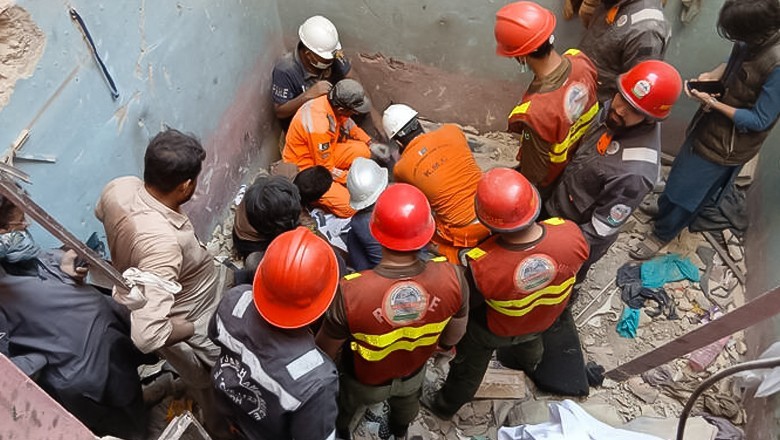


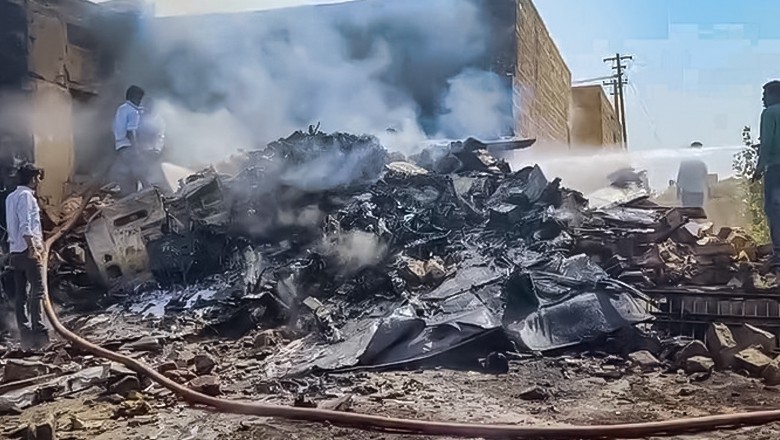
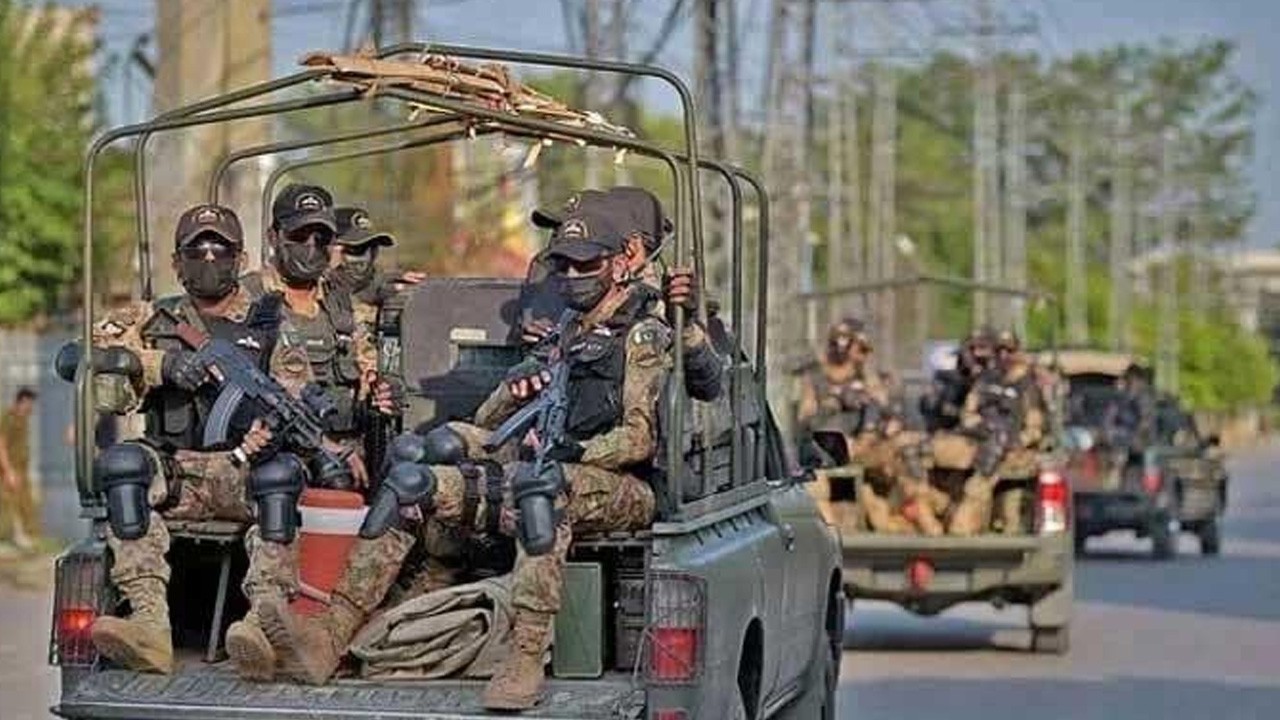

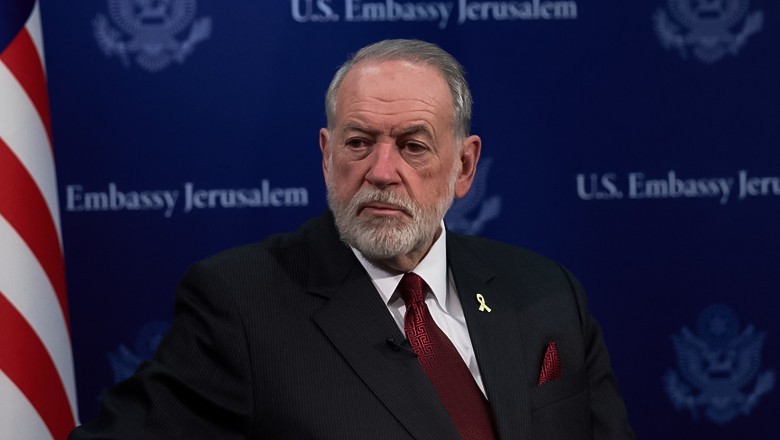


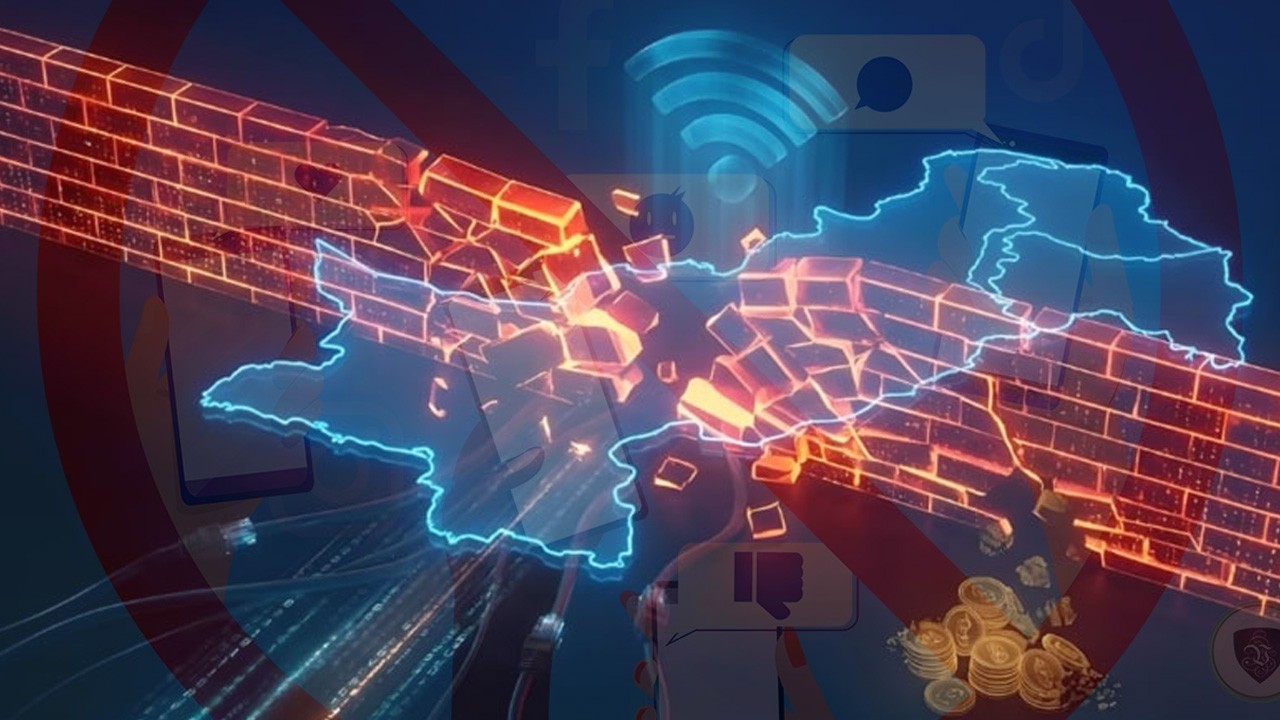
Comments
0 comment